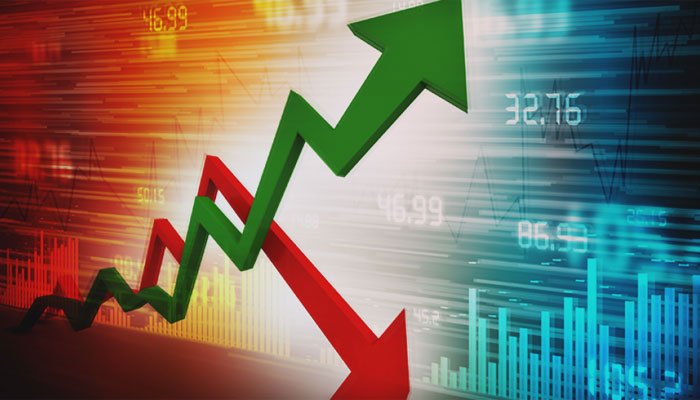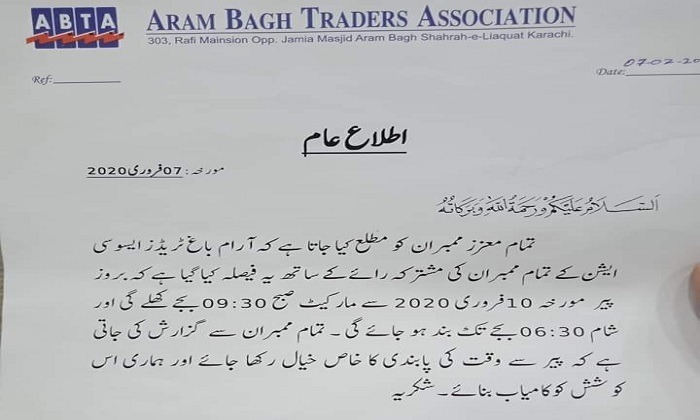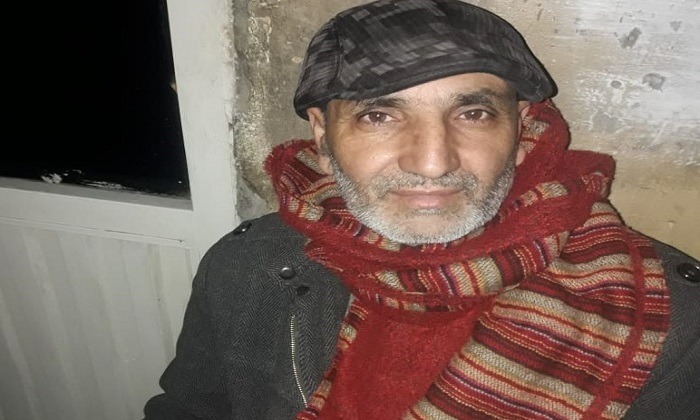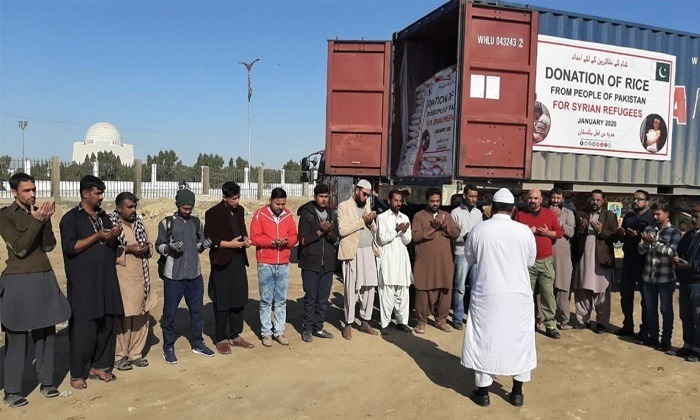Is Pakistan going to default in 2023?
By Chronicler
Islamabad
A lot of talks are taking rounds in social circles and the media industry, including the mainstream media, whether Pakistan is going to default in 2023 or not.
The country’s economic situation wasn’t good when the PTI’s government was toppled, and a new regime took command of the country in April 2022.
The PTI-led government was in deep trouble about financial issues of the country, and it had negotiated with the International Monetary Fund (IMF) to get much-needed support from it to get out of the economic crisis.
The PTI government took several unpopular decisions to get funds from the IMF, including raising the prices of petroleum products and increasing the electricity prices, besides eliminating many subsidies.
It even made some unpopular legislation in the Parliament to get the tranche of the support fund.
Due to these measures, its government started getting unpopular, and when a vote of no-confidence motion was moved against the former premier Imran Khan, contrary to his agreement with the IMF, he assured the nation that no increase in petroleum products would be made for a few months.
However, in the no-trust motion, he was voted out of the National Assembly by the Pakistan Democratic Movement and Pakistan Peoples Party Parliamentarian (PPPP).
However, since the regime change, the incumbent government has been trying to implement the IMF Programme in Pakistan, which is required to obtain funds from it.
Since then, petroleum product prices have been increased on multiple occasions besides increasing prices of electricity, gas, and others.
As a result of these measures, the inflation in the country at the moment is all-time high at 24 percent, the second highest in South Asian countries.
The oppressed people got no sigh of relief from any quarter, job opportunities have been shrinking, and the already devalued Pakistani rupee has further been devaluing against the US dollar. However, getting the required fund from the IMF and other financial institutes could not yet see the light of day.
This state of affairs has badly disturbed the foreign exchange reserves, which are currently standing at $4.5 billion with the State Bank of Pakistan (SBP)
It is pertinent to mention here that these foreign exchange reserves are hardly enough to meet the expenses of a one-month import bill.
The PTI has been claiming that Pakistan is on the verge of default but the government has been claiming that it wouldn’t default and it would manage the finances accordingly.
As the incumbent government isn’t in a position to further impose unpopular decisions on the general public, there have also been talks of a technocratic government in the country that could take such decisions without fear of political backlash.
The country’s economic condition isn’t presenting a rosy picture, and even the masses have started talking about what would happen if Pakistan defaults.
As Pakistan’s foreign exchange reserves stand at $4.5 billion, hardly enough to bear one month’s imports, the country has been left with many options to avoid the crisis. We have already seen what happened in Sri Lanka after defaulting.
Pakistan would desperately look towards the IMF, the Asian Development Bank (ADB), and friendly countries like Saudi Arabia, United Arab Emirates (UAE), and China to overcome the economic crisis. However, these measures are short-term steps to avoid getting default.
As far as long-term measures are concerned, it needs to improve its tax collection, which is hardly enough to make the balance of payment easier for the country. It would have to explore less expensive fuel globally, and currently, Russia is the best destination for this purpose.
Pakistan’s import bill is almost double its export, which is a major concern for the country. The industries in the country have been shutting down, and the local industrialists have been shifting industries to other countries. There is a need to control this dilemma which has been weakening the country’s economy very badly.
Drastic measures are needed to overcome the economic crisis; this time, the country’s elite needs to offer sacrifice. The poor public cannot bear the expenses of the political, bureaucratic, and other elites.
There are reports that some elements are involved in buying dollars for their own vested interests. They are doing this practice as a part of their investment strategy. There is a need to take action against it. Moreover, there should also be checks and balances on dollar smuggling to our neighboring countries, especially Afghanistan.
Ends



